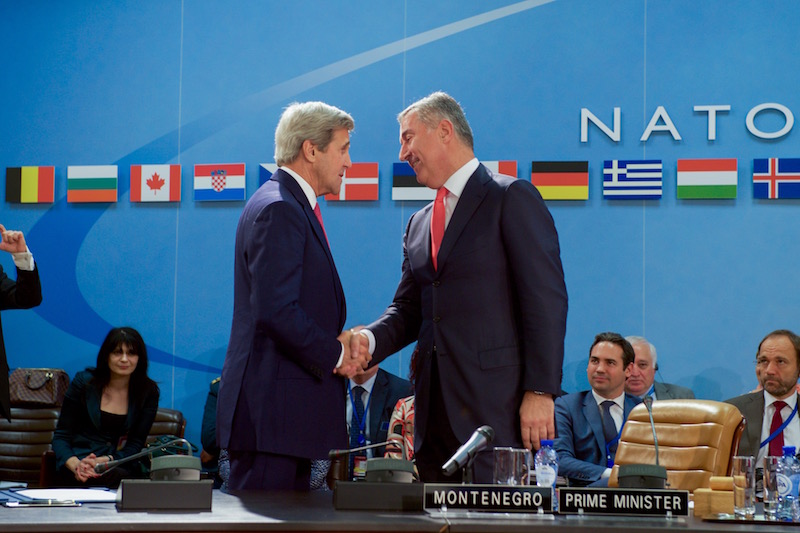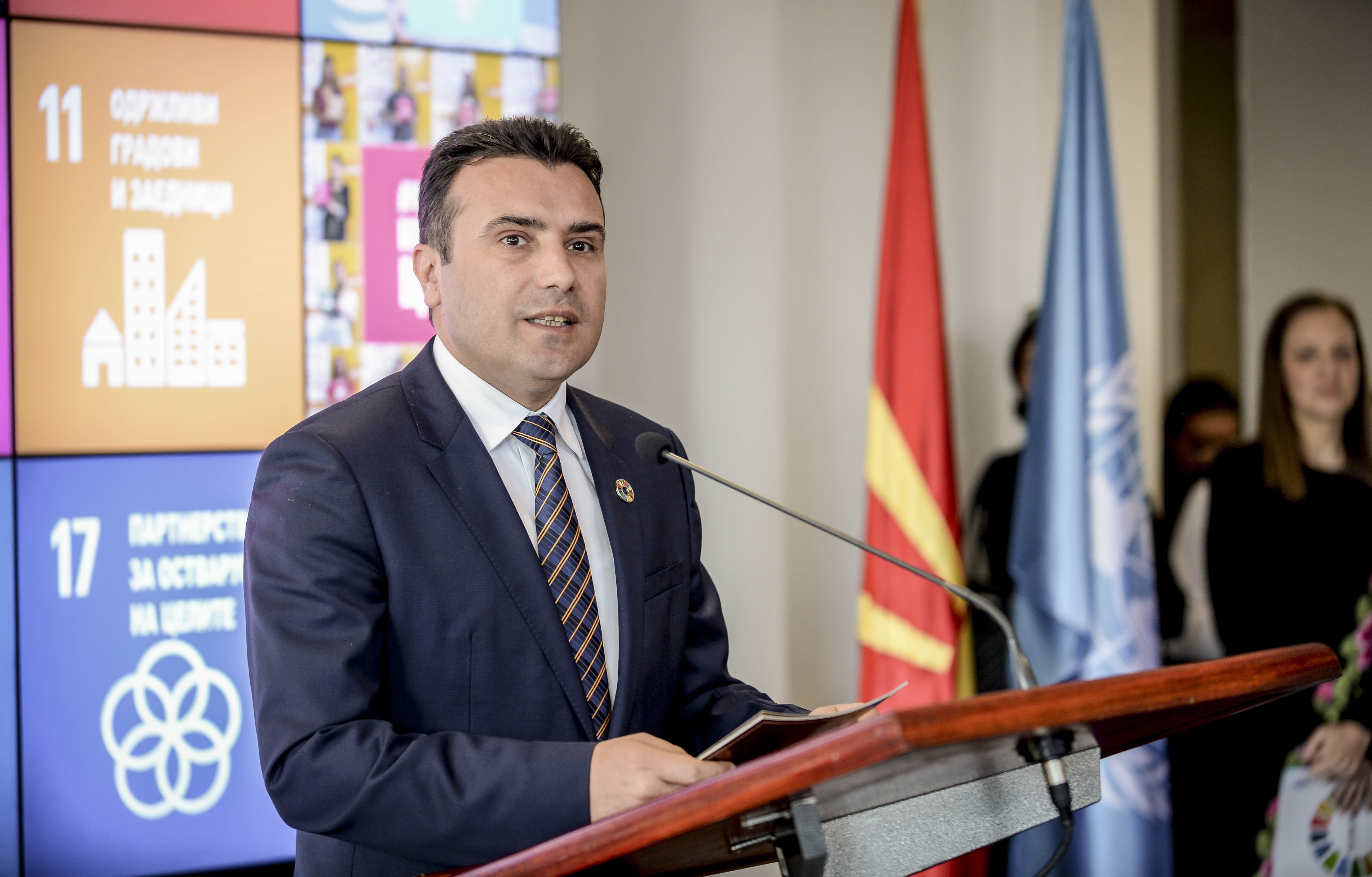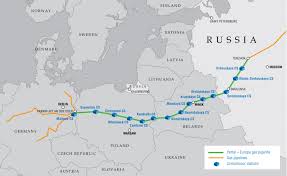If all goes as planned, Montenegro is due to become the 29th member of NATO. Amongst member states, Montenegro will have the smallest economy, the second smallest military budget, as well as the third smallest population and number of deployed troops. For this reason, Montenegro’s accession to NATO has been very controversial. So far, 24 of 28 NATO members have ratified Montenegro’s accession, with the US being a notable exception. Many in the US have argued that given Russia’s threatening rhetoric in the Balkans, NATO should not commit to protecting a small country that has little strategic value.
However, critics of the accession are overlooking the broader context of Balkan countries that are becoming increasingly interested in joining NATO. The Former Yugoslav Republic of Macedonia (FYROM), along with Croatia and Albania, began the process of accession first. Later, Bosnia-Herzegovina began developing its own membership action plans. Montenegro’s accession would certainly help to maintain these countries’ ambitions by signaling that efforts towards membership are not futile. Montenegro’s accession could even spark interest in Serbia to pursue closer relations with NATO. While Serbia officially remains neutral and has a population that is highly opposed to NATO membership, it nevertheless maintains a high level of cooperation with NATO; for example, carrying out military exercises with the Alliance, and announcing the Individual Partnership Action Plan with NATO in 2015 to further dialogue with the Alliance.
Additionally, as Serbia and Montenegro have a high level of military cooperation with one another, Serbia may feel compelled to further its cooperation with the Alliance as it could better ensure Serbian security. Serbia may even be encouraged to join the Alliance should its other neighbors, Bosnia-Herzegovina and Macedonia, become members. Expanding NATO throughout the Balkan states, would help to enhance security in the region by increasing cooperation and entrenching peace among states that formerly fought one another. Having these states in the Alliance could also help combat Islamic extremism in the region, given that the Balkans is one of the main routes for jihadists heading to Syria and Iraq.
Despite massive risks, Balkan countries have been eager to cooperate with NATO. All Balkan countries are highly dependent on natural gas, oil, and investment from Russia, which Russia could cut off if they were to join NATO. Currently, Montenegro is in a particularly precarious situation with regards to this. Approximately one third of foreign-owned companies are Russian, while Russia is responsible for a quarter of Montenegro’s tourism revenue. Consequently, Russian withdrawal would be a major blow to the economy, and could result in a high level of unrest given Montenegro’s high level of inter-ethnic animosity. Russia has reportedly already made direct threats to the country, while members of Russia’s secret service have been arrested over an alleged plot to stage a coup d’état before the most recent election. In spite of these obstacles, Montenegro has pushed forward. Thus, for Montenegro to undergo such high risks and have its membership bid rejected, could frustrate other Balkan countries seeking membership in the Alliance.
To increase cooperation especially at a time of heightened Russian aggression, it is imperative that NATO’s four remaining ratifiers approve Montenegro’s accession. In addition, member states should also make individual efforts to develop economic and political ties with the country in order to lower the potential effects of a pullout from Russia. Should NATO accession result in a devastating break with Russian relations and Montenegro is left without sufficient assistance from member states, this could increase political and economic tensions in Montenegro, while other Balkan countries may avoid closer cooperation with the Alliance.
Canada has yet to ratify Montenegro’s accession although such ratification is crucial since Canada has a large role to play. Canada has one of the largest Montenegrin diasporas outside of the Balkans, and a high level of investment in the country. If Canada ratifies Montenegro’s accession it could foster closer ties with the country, and establish a free trade agreement to give a significant boost to the economic and political stability of the country.
Photo: U.S. Secretary of State John Kerry shakes hands with Montenegrin Prime Minister Milo Djukanovic after signing an Accession Protocol to continue Montenegro’s admission to the North Atlantic Treaty Organization amid the biannual Foreign Ministerial Meetings (2016), by U.S. Department of State via Wikimedia Commons. Listed under Public Domain.
Disclaimer: Any views or opinions expressed in articles are solely those of the authors and do not necessarily represent the views of the NATO Association of Canada.




